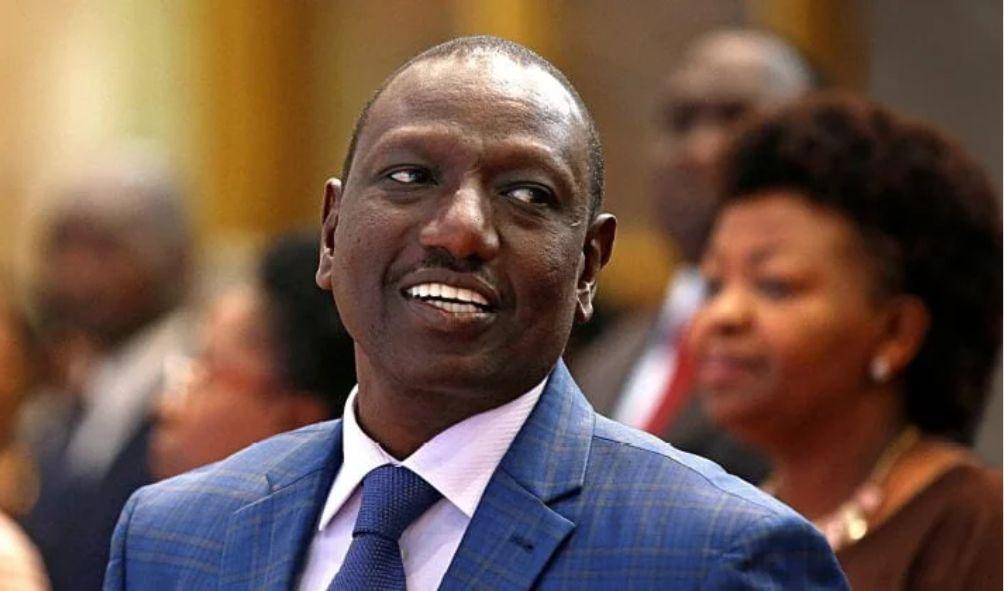Constitutional Questions Arise: Ruto’s Cabinet Inclusion Raises Concerns
President William Ruto’s inclusion of three advisors and the United Democratic Alliance (UDA) Party Secretary General in Cabinet meetings: a violation of the Constitution?
Fewer than two years have passed since similar actions by the President’s predecessor, Uhuru Kenyatta. Eere determined to violate the Constitution.
The taking of the oath of secrecy by presidential advisors Monica Juma of national security. David Ndii of economic affairs, Harriette Chiggai of women’s rights. And UDA Secretary General Cleophas Malala was the culmination of months of deliberations. On how to best include some of the advisors in Cabinet meetings.
According to Article 152 of the Constitution. The Cabinet consists of the President, Vice President, Attorney General, and between 14 and 22 Cabinet Secretaries.
This resulted in a total of 25 Cabinet members, not including the three advisors and the Secretary-General.
Article 154 further establishes the office of Secretary to the Cabinet. Whose responsibilities include coordinating Cabinet business, maintaining Cabinet minutes, and communicating Cabinet decisions to the appropriate authorities.
With the swearing of secrecy by the four new participants, questions abound regarding their legal standing.
Three years ago, former Kandara MP and current Water Cabinet Secretary Alice Wahome petitioned the High Court, questioning Mohamed Badi’s eligibility to attend Cabinet meetings as then-Director General of the Nairobi Metropolitan Services (NMS).
ALSO READ: Bipartisan Team Stands Firm: Kenya Kwanza Insists Azimio Remains in Talks despite Raila’s Declaration
Justice Anthony Mrima determined that “as a result of taking the oath of secrecy, General Badi effectively became a member of the Cabinet.”
Mrima determined that the Constitution “does not grant the President the authority to appoint anyone to the Cabinet,” concluding that Badi’s participation was unconstitutional.
While the President is free to appoint any individual as a consultant, their participation in Cabinet meetings is undetermined.
The three will participate in meetings alongside Cabinet Secretaries who serve as the president’s principal advisors in their respective line ministries.
On the national security front, they include the Defence CS and Interior CS, the Treasury CS for economic planning and public service, and the Affirmative Action and gender CS for women’s affairs.
In September 2021, Justice Mrima determined that Badi’s participation in Cabinet meetings was shrouded in secrecy, lacked transparency, and that he lacked oversight given that he was never vetted by the National Assembly before being appointed to the Cabinet.
Mrima discovered that his term in Cabinet was illusory and that he was an outsider in Cabinet. The High Court’s ruling was never contested, and Badi stopped attending Cabinet meetings immediately, at least officially.
ALSO READ: Kimani Ichung’wah Applauds Raila Odinga’s Carpool Advocacy
Currently, both the Chief of Staff and the head of the public service, Felix Koskei, attend Cabinet meetings. There is no constitutional provision authorizing or mandating his Cabinet membership or attendance at Cabinet meetings.
The decision to co-opt three advisors and the Secretary-General into Cabinet meetings will be upheld for the time being, but it may be challenged in court.
If this challenge is successful, there are numerous unanswered questions regarding the fate of Cabinet decisions made in the presence of the four, as well as the extent of their participation in Cabinet deliberations and decision-making.
Constitutional Questions Arise: Ruto’s Cabinet Inclusion Raises Concerns
HEY READER. PLEASE SUPPORT THIS SITE BY CLICKING ADS. DON’T FORGET TO HIT THE NOTIFICATION BELL FOR MORE UPDATES AROUND THE GLOBE.
